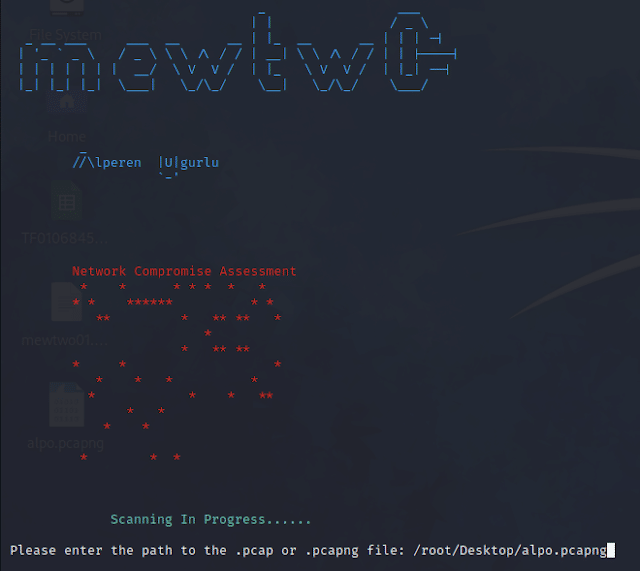If you’ve encountered an issue where Hashcat initially only recognizes your CPU and not the GPU, this guide can help you enable your AMD RX570 GPU for accelerated hashing. Here’s a streamlined version of the steps you took:

Initial Setup:
Running hashcat -I initially only detected the CPU.
Download AMD Drivers:
Visit the official AMD website (https://www.amd.com/en/support/kb/re…ed-linux-20-20) and download the latest AMD drivers for Ubuntu (even if you are using Kali Linux).
Driver Installation:
Extract the downloaded driver package using tar -xvf in the download folder.
Navigate to the extracted folder, where you’ll find amdgpu-install and amdgpu-pro-install files.
Modify Installation Script:
Open the installation script for editing (use vi or your preferred text editor).
Locate the section with distribution checks (e.g., ubuntu|linuxmint|debian) and add |kali) to include Kali Linux.
Installation:
Run the modified installation script with the following command:
./amdgpu-install --opencl=legacy --headless --no-dkms
Verification:
Execute hashcat -I again to check if it now recognizes both the CPU and GPU. It should display the correct number of cores.
Hashcat Testing:
Validate the GPU acceleration with a test using Hashcat.
hashcat -m 2500 -a3 crackMe.hccapx ?d?d?d?d?d?d?d?d
Compare the performance before and after the GPU activation.
Notes:
- The provided installation command
./amdgpu-install --opencl=legacy --headless --no-dkmswas found to be effective. - It is crucial to be cautious during the modification of installation scripts, and any changes should be made at your own risk.
- Results may vary, and it’s recommended to refer to online resources for additional guidance on specific installation parameters.
By following these steps, you should be able to harness the power of your AMD RX570 GPU alongside your CPU for significantly improved Hashcat performance.
 blackMORE Ops Learn one trick a day ….
blackMORE Ops Learn one trick a day ….

